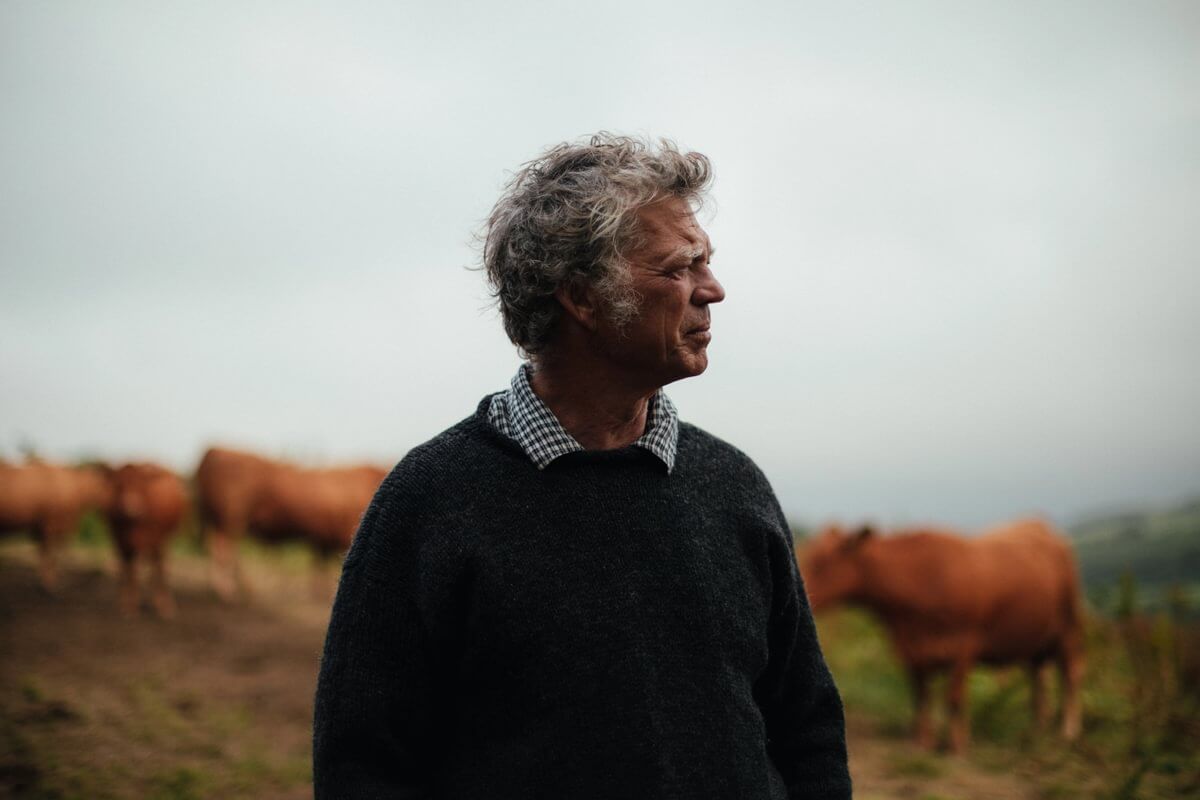After a cold, wet spring, when many crops were delayed, stunted, or lost altogether, we are now seeing rampant growth and heavy yields. We usually enjoy an early crop of sweetcorn from our French farm, but this rotted in the seedbed, resulting in a total crop failure. The UK season is now beginning, so Riverford customers will start to see corn in their veg boxes at last. June and July’s plantings of leeks, cabbage, and broccoli have had plenty of rain, and are growing vigorously above and below ground.
With planting nearly finished for the year, our main harvests still to come, and so many customers taking a break from deliveries (while they are on holiday, or reaping the rewards of their efforts in gardens and allotments), August is normally a quiet month on the farm, bar a bit of weeding. This year, “a bit” has turned into a lot, as we struggle to control the weeds while they are small and vulnerable.
After planting cabbages, cauliflowers, leeks, or broccoli, the first tool for weeding is a flexible, thin-tined comb harrow. Once the crop is strong enough to stand firm in the soil (10-14 days after planting), the light tines are enough to dislodge, desiccate, or bury small weeds. But once the weeds have established themselves, or if damp weather allows them to re-root, our chance is lost.
Next come various blades, brushes, and ridgers. Many of these machines, especially on larger farms, are now guided by cameras, plant recognition software, and GPS – but the more sophisticated machines struggle on our stony slopes. If all else fails, we resort to long hoeing or even hand-pulling enough larger weeds to let the crop dominate.
Our aim is for the crop to capture light, water, and nutrients, and then create a canopy over any surviving weeds. We never want to remove all weeds; just to suppress them enough to avoid reducing yields or making harvests difficult. An undercanopy of weeds can actually protect the soil through wet Devon winters.
Every year brings its particular weeds. In dry years, we struggle with fat hen. This wet, cool weather seems to have favoured redshank, which is annoyingly fast to establish and resistant to the comb harrow. Combined with enough rain to allow re-rooting, we have a back-breaking problem.
Even so, I think most farmers would choose this year’s full, vigorous crops, weeds and all, over a thirsty, struggling crop without a single weed.














0 Comments